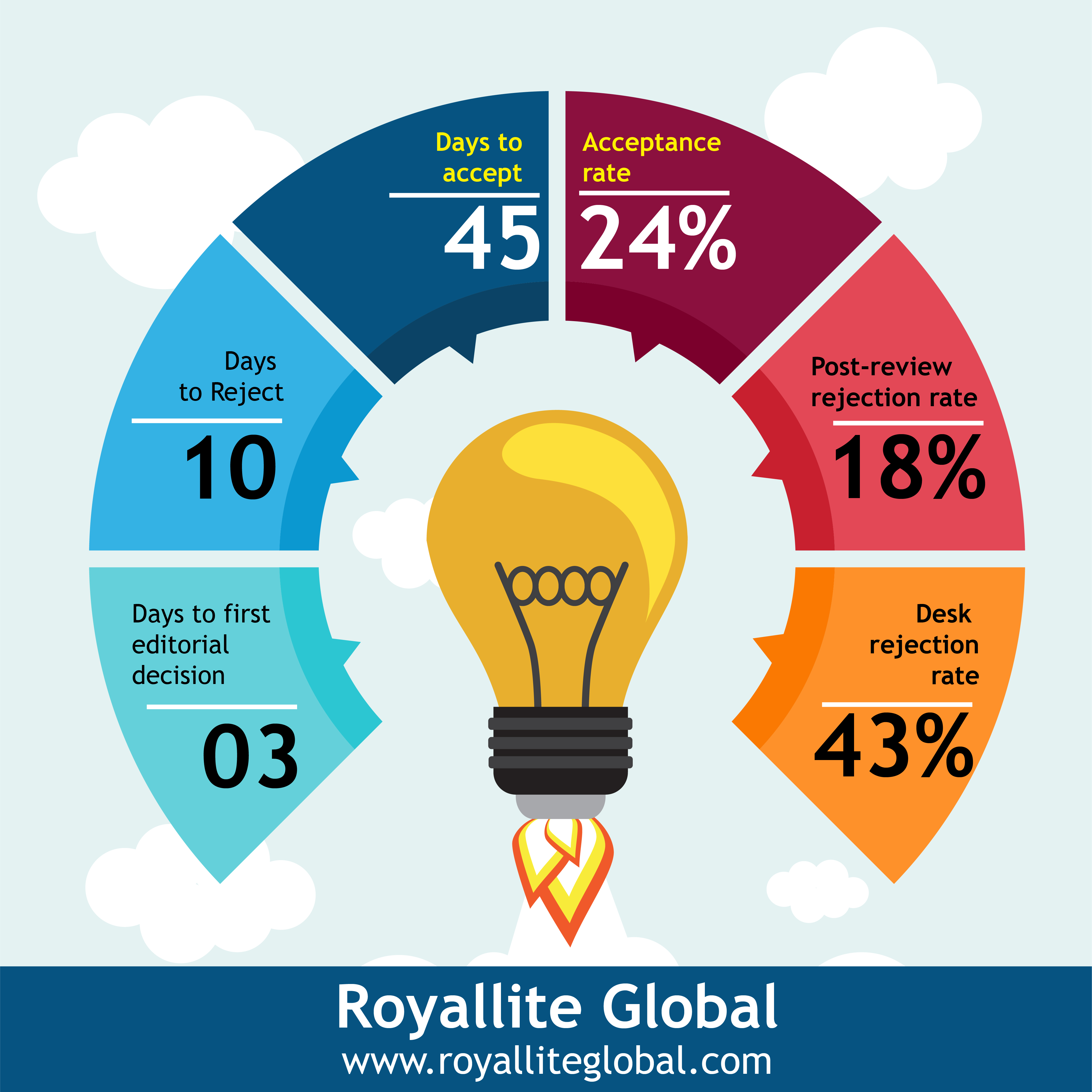When language issues are neglected in decentralisation projects:
Case Study of Mundang, Tupuri, Masana, Mafa, and Mada communities in the Far North Region of Cameroon
Keywords:
Decentralization, heritage languages, communal development plan, municipality (council)Abstract
The legal framework in Cameroon has been evolving in recent years in favour of linguistic diversity and Cameroonian heritage languages. Beside the Cameroonian Constitution of 18 January 1996, three Cameroonian laws: Law No. 2004/17 of 22 July 2004 on the orientation of decentralization; Law No. 2004/18 of July 2004 to lay down rules applicable to councils; and Law No. 2004/19 of July 2004 to lay down rules applicable to regions, all provide a legal framework for the preservation and promotion of heritage languages and cultures of Cameroon. These laws provide the devolution (transfer) of some of the competences of the Central Government to the decentralised government (Municipalities and Regions). It is against this backdrop that some councils of Cameroon have begun integrating projects aiming at preserving and promoting heritage languages and cultures in their Communal Development Plan (CDP) (Ngouo and Chumbow 2017).
This paper aims at making a policy discourse analysis of the CDP of five councils of the Far North Region of Cameroon which are the cradles of six Cameroonian languages, namely Mundang, Tupuri, Masana, Mafa, Giziga and Mada to evaluate the level of appropriation of these legal provisions provided by the decentralisation laws. The research questions is: What is the level of appropriation and implementation of the provisions of the laws on decentralisation by the councils of the Far North Region as far as heritage languages preservation and promotion are concerned? Beside the methodological approach which makes a policy discourse analysis of the CDPs of the host councils, interviews with council officials are used to elicit the entanglements causing low achievements.
References
Chumbow B.S. 2005. The language question and national development in Africa (In Mkandawire, T. African intellectuals: Rethinking Politics, language, gender and development). Pretoria: UNISA Press.
Golola, L. M., 2003, ‘Decentralisation, Local Bureaucracies and Service Delivery in Uganda’, in Reforming Africa’s Institutions, ed. Kayizzi-Mugerwa, S., New
York: United Nations University Press.
Ngouo, Herbert, Rostand, Beban Sammy Chumbow. (2017). Decentralisation, Heritage Culture and Language Survival: The Case of the Bamboutos Division in Cameroon. In Kaji, Shigeki, Proceedings of the 8th World Congress of African Linguistics, Tokyo: Research Institute for Languages and Cultures of Asia and Africa, Tokyo University of Foreign Studies. pp. 353-372.
Tanang P., Mimche H., Efon H., (2014). Dynamique des langues nationales et officielles au Cameroun de 1987 à 2005, 2014, Actes du XVIIe colloque international de l’AIDELF sur Démographie et politiques sociales, Ouagadougou, novembre 2012, 23 p. ISBN : 978-2-9521220-4-7
Chikwawawa, Cosmas. 2019. Constitutionalisation and Implementation of Devolution in Zimbabwe . International Journal of Scientific and Research Publications, Volume 9, Issue 3, March 2019 19
ISSN 2250-3153 accessed from http://dx.doi.org/10.29322/IJSRP.9.03.2019.p8705 www.ijsrp.org
Encylopedia Americana, Vol.27. Grolier incorporated, Daniel Quburg, Connecticut, 1992, p.587.
UCLG and OCDE (2016) Subnational governments around the world Structure and finance: A first contribution to the Global Observatory on Local Finances accessed from https://www.uclg.org/sites/default/files/global_observatory_of_local_finance-part_iii.pdf
Maarja Siiner (2014) Decentralisation and language policy: local municipalities' role in language education policies. Insights from Denmark and Estonia, Journal of Multilingual and Multicultural Development, 35:6,603-617, DOI: 10.1080/01434632.2014.889143 Decentralisation and language policy: local municipalities' role in language education policies. Insights from Denmark and Estonia in https://www.tandfonline.com/doi/abs/10.1080/01434632.2014.889143
Iverson, V. S. (2005). A Policy Discourse Analysis of U.S. Land-Grant University Diversity Action Plans. (Unpublished doctoral dissertation). The University of Maine: Oron, Maine.
Iverson, V. S. (2010). Producing diversity: A policy discourse analysis of diversity action plans. In E. J. Allan, S. V. D Iverson, & R. Ropers-Huilman (Eds.), Reconstructing policy in higher education: Feminist poststructural perspectives (pp. 193-213). New York, NY: Routledge.
12th International Language and Development Conference LANGUAGE AND THE SUSTAINABLE DEVELOPMENT GOALS 27, 28, 29 November 2017, Senegal https://www.britishcouncil.com.sn/sites/default/files/ldc_2017_dakar_concept_note_v3_en_0.pdf
African Charter of values and principles of decentralization, local governance and local developmment https://au.int/sites/default/files/treaties/7802-treaty-0049_-_african_charter_on_the_values_and_principles_of_decentralisation_local_governance_and_local_development_e.pdf
Published
License
This open-access article is distributed under a Creative Commons Attribution (CC-BY) 4.0 license.
You are free to: Share — copy and redistribute the material in any medium or format. Adapt — remix, transform, and build upon the material for any purpose, even commercially. The licensor cannot revoke these freedoms as long as you follow the license terms. Under the following terms: Attribution — You must give appropriate credit, provide a link to the license, and indicate if changes were made. You may do so in any reasonable manner, but not in any way that suggests the licensor endorses you or your use. No additional restrictions You may not apply legal terms or technological measures that legally restrict others from doing anything the license permits.






